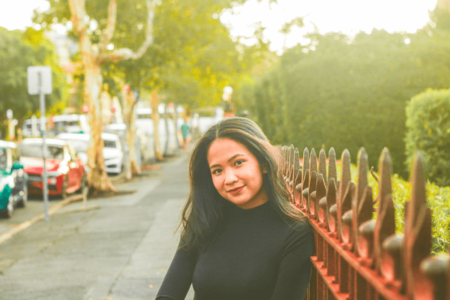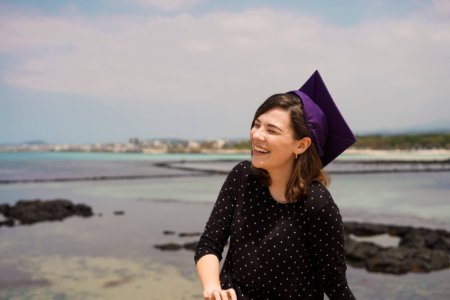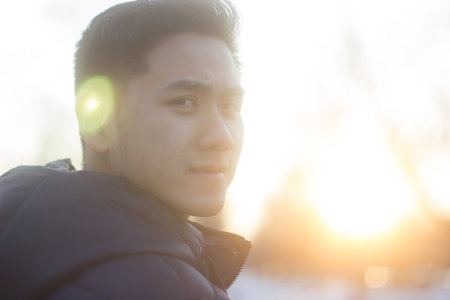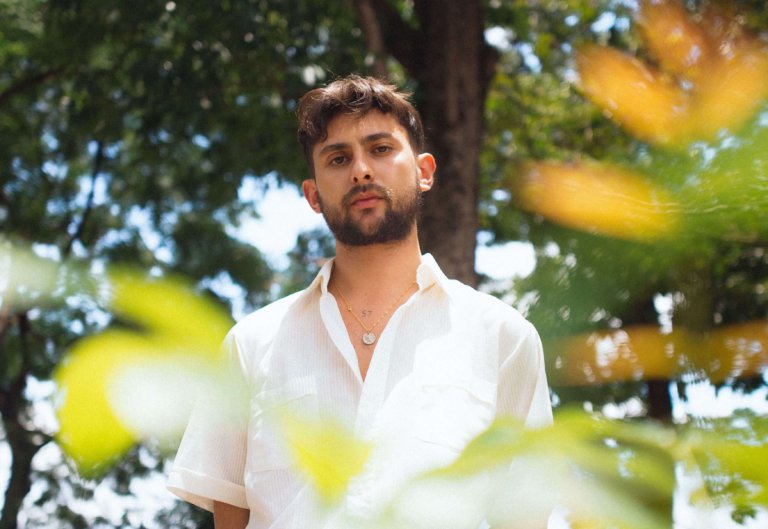
The silence is deafening to folks in the music industry. From the music producer in LA’s Capitol Studios to the artist headlining Glastonbury, the 2020s have been grueling so far. The pandemic wiped out festivals, parades, shows and nightclubs, leaving millions in the hospitality and entertainment industry out of work in the US alone. Live streams and pivots to food catering are paltry replacements, money and passion-wise.
One Malaysian music producer, however, is hopeful. Tristan Smeeton, the founder of digital creative studio Wax Tropical Studios, has been able to work remotely with artists around the world despite pandemic-related travel restrictions. Now back home in Kuala Lumpur, he’s targeting a more diverse audience and has plans to penetrate the regional market. We caught up with Smeeton to learn more about this and why he credits Full Sail University for helping him ride out these volatile times.
What made you choose to pursue a BSc in Audio Engineering and Sound Design?
I’ve always been inspired by surrounding musicians from a young age. My father taught me to play the drums when I was five, which allowed me to gain the confidence to learn other instruments at school.
As I made my way through high school, more friends started DJing — which was the next progressive step towards a potential career in music production. I always heard learning how to DJ is a stepping stone for production.
Around my 20s, after learning how to DJ and produce, I wanted to focus more on my brand as an electronic artist in Southeast Asia. So I started releasing original tracks on labels I’ve looked up to growing up — like Eton Messy and Applique.
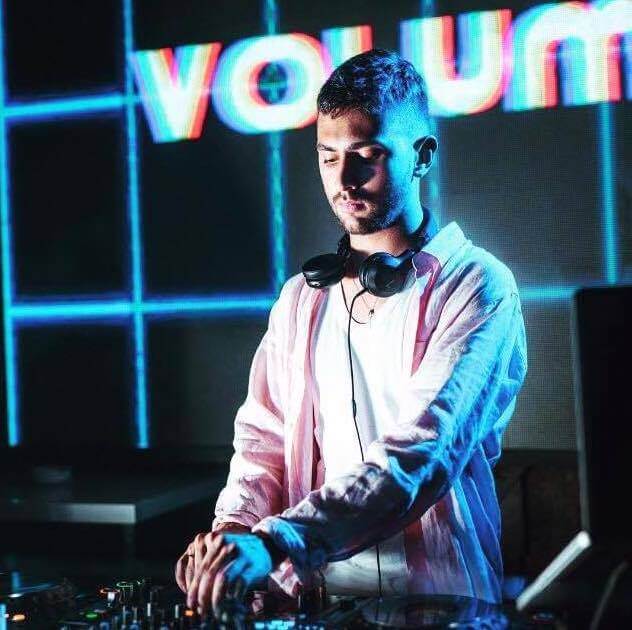
Having to come back in the middle of his studies to Kuala Lumpur has forced Smeeton to adapt his studio and make it work remotely. Source: Tristan Smeeton
I thought long and hard about what I wanted to do career-wise and landed on Artist in Music Production and Sync Music Production for Commercials, TV and Film. I’ve always had my tracks mixed and mastered, so I figured the next step would be to learn the ins and outs myself.
My aim is to focus on a specialised degree as I knew this is what I wanted to do during my time at uni and as soon as I finish. This isn’t always the case when students take more general degrees.
Why did you choose to pursue this at Full Sail University in Florida?
Full Sail University and Berklee College of Music have always been at the top of my list when it comes to studying audio engineering and sound design. The reason being the facilities they offer along with leading industry educators.
Every month you go into a new class with new instructors in a different area of the school and focus on a new topic. I found this fascinating and really productive when it came down to networking with as many educators as possible helping you land real-world jobs from their own personal connections.
In order to teach at Full Sail University, lecturers need outstanding real-world experience in their focused industry, so it wouldn’t be unusual to have heard some of the names that have worked on Grammy Award-winning projects. This is what really drew me to the uni.
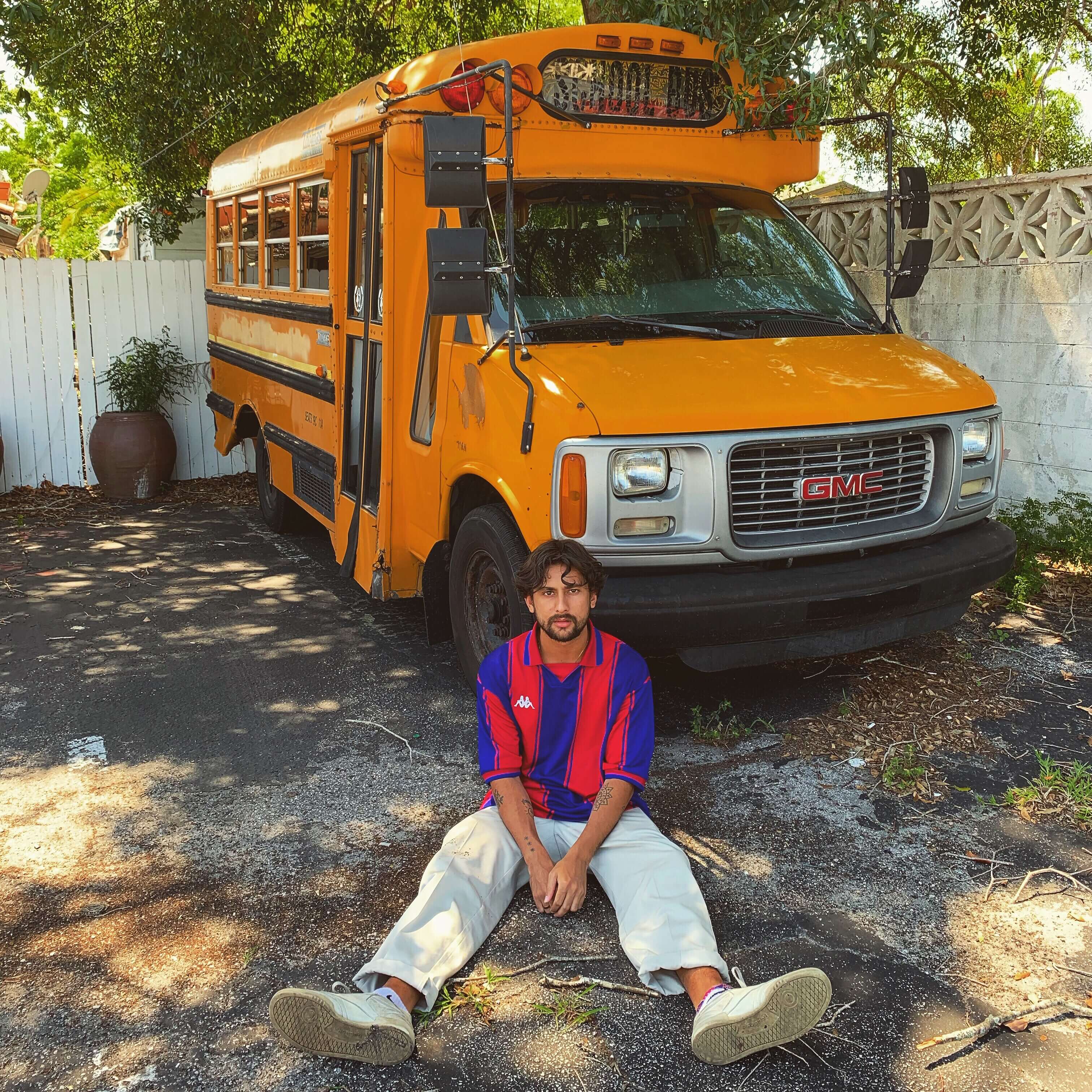
Smeeton hopes to get into music production for commercials, TV and film. Source: Tristan Smeeton
Do you think it would have made a difference if you studied at a local institution?
I think it would have. However, in my opinion, you have to focus on your current situation. These unis overseas can get quite expensive, so it’s more concentrating on what you want to achieve on your budget.
In my case, I was lucky enough to receive two scholarships which helped me a lot. These unis do offer scholarships quite often, so it would definitely be worth looking into what you would need in order to get them.
In terms of education, there isn’t really a comparison. I’m not blasting the local music education system in Malaysia, but I have talked to a fair few colleagues at studios I’ve worked at in Kuala Lumpur and their answer is always: “The education is under par and most of the musical knowledge comes from real-world experience working on projects for clients.”
Most of the time, from what I’ve heard, this is because local institutions have outdated facilities and unmotivated instructors. There are probably great institutions in Malaysia, but I opted for an experience abroad.
What has been your most memorable class so far?
My most memorable class so far has to be “Session Recording,” this is where we had the chance to track/record, mix and master a real band the uni would hire so we could work with them in Orlando. I felt like this class stood out from the rest as it was a real-world experience, working in a professional manner and conducting a full session ourselves.
Do you have any fond memories with teachers at your uni that stood out for you?
Of course! One of my fondest memories was when one of my lecturers invited me to his studio to learn how to play vinyl — this became a regular thing. It was also such a rewarding experience having built that connection over a month and still discussing ideas after class finished.
Do you get to apply the theories you gained in lecture halls and classrooms to the real world?
Most definitely. Everything I’ve learned over the last two years has been applied to what I’m currently doing now. As the course was specialized and it’s what I want to pursue as a career, nothing went to waste. With music production and audio engineering, it’s a constant learning experience.
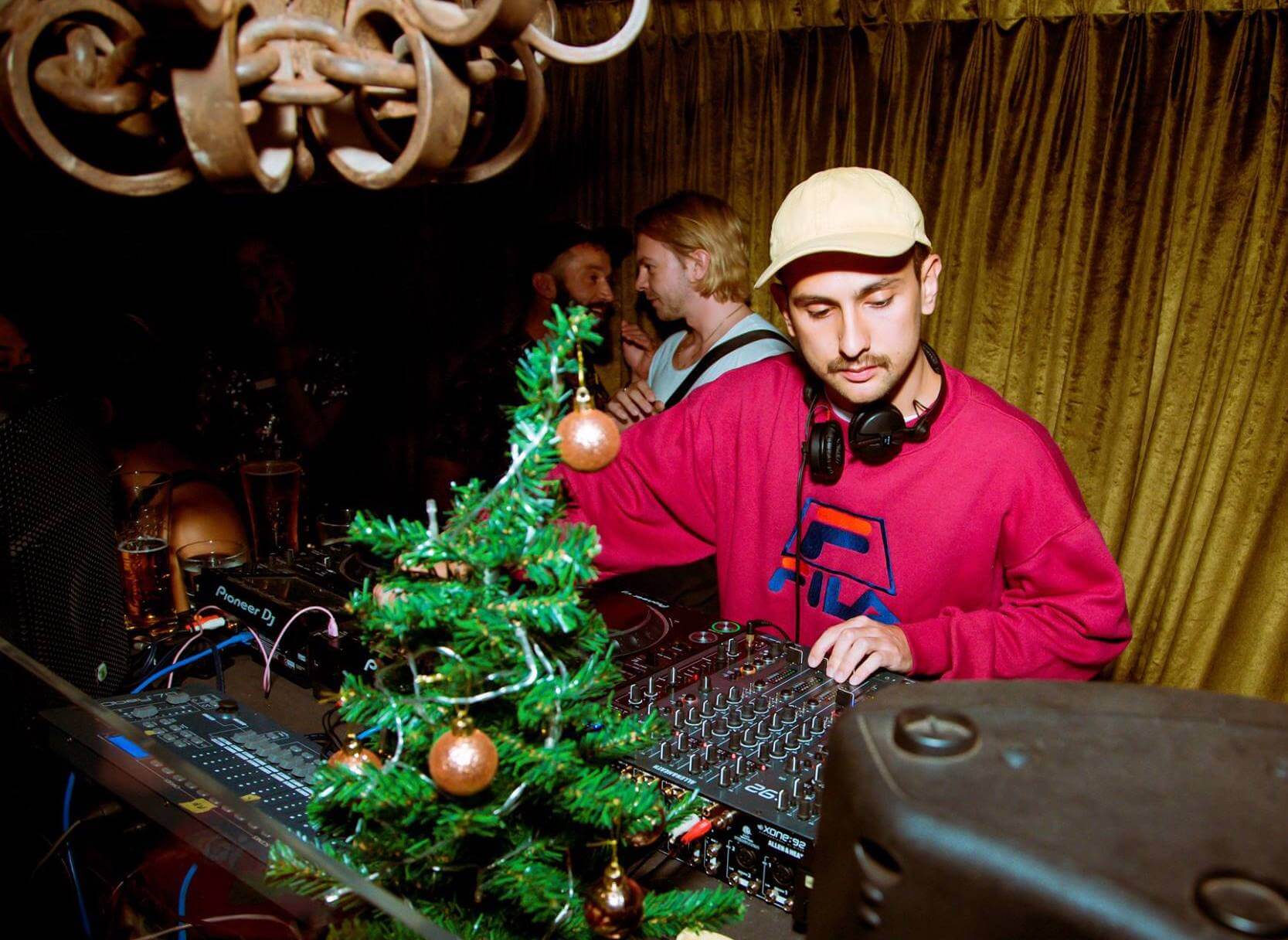
To work in the music industry, Smeeton recommends gaining as much experience as you can whether it be abroad or at a local institution. Networking is a must. Source: Tristan Smeeton
What’s one thing you missed from home and how did you substitute it?
The food cravings were real! It was definitely a struggle the first couple of months to try and find authentic Malaysian food in Orlando. After some time digging around the city, I found restaurants similar to hawker stalls back home which weren’t too far off.
Of course, nothing beats food from home, but these restaurants kept me happy. My mother would also send me surprise care packages with packets of curries, powders, packaged noodles and Milo (a malted chocolate powder drink popular in Malaysia).
What advice do you have for international students looking to pursue a degree in music?
My best advice would be to ask yourself what job you see yourself in after graduating and where you’d want to work. If your answer is overseas in the music industry, then your best bet would be to take advantage of that competitive education abroad.
Gain that unique experience, meet new people from different walks of life and surround yourself with musicians from all over the world. If money is an issue, try and apply for as many scholarships as you can, get a student loan, or take a few years of work and save up.
If you’re not looking at studying abroad because you want to gain further knowledge in your local scene, do it! But the same thing applies — networking and building lasting relationships is important — I know musicians who perform at amazing venues in Kuala Lumpur while still at uni. They love it as they get real-world experience at the same time.
Walk us through what you’re currently doing.
In 2020, I set up a digital creative studio called Wax Tropical Studios while at uni in Orlando. We produce, mix, master and consult for artists and companies looking at commercials, TV and film. Originally, I set up this studio in Orlando with a couple of friends. Since this studio was an online platform, this meant working remotely with global artists was a possibility. As COVID-19 forced me out of Orlando, I’m back home in Malaysia and have targeted a slightly different audience.
Our main goal now is to penetrate the market in Southeast Asia and work with more local companies, offering the same services and professionalism we did in Orlando. I’m also a freelance engineer for a couple of studios around the city.
What do you plan to do after graduating?
I plan to continue to grow my brand as an artist and a studio. Everything I have learned at Full Sail University applies to what I do every day, so I just have to keep the momentum up and move forward. It took me time to establish what I wanted to do with my career, but I’m happy I chose the music industry.
If you’re struggling to choose a career path, my advice is don’t rush! A bunch of my friends rushed to choose courses and now are working in completely irrelevant jobs. Take your time, everyone is on the path they need to be on.








